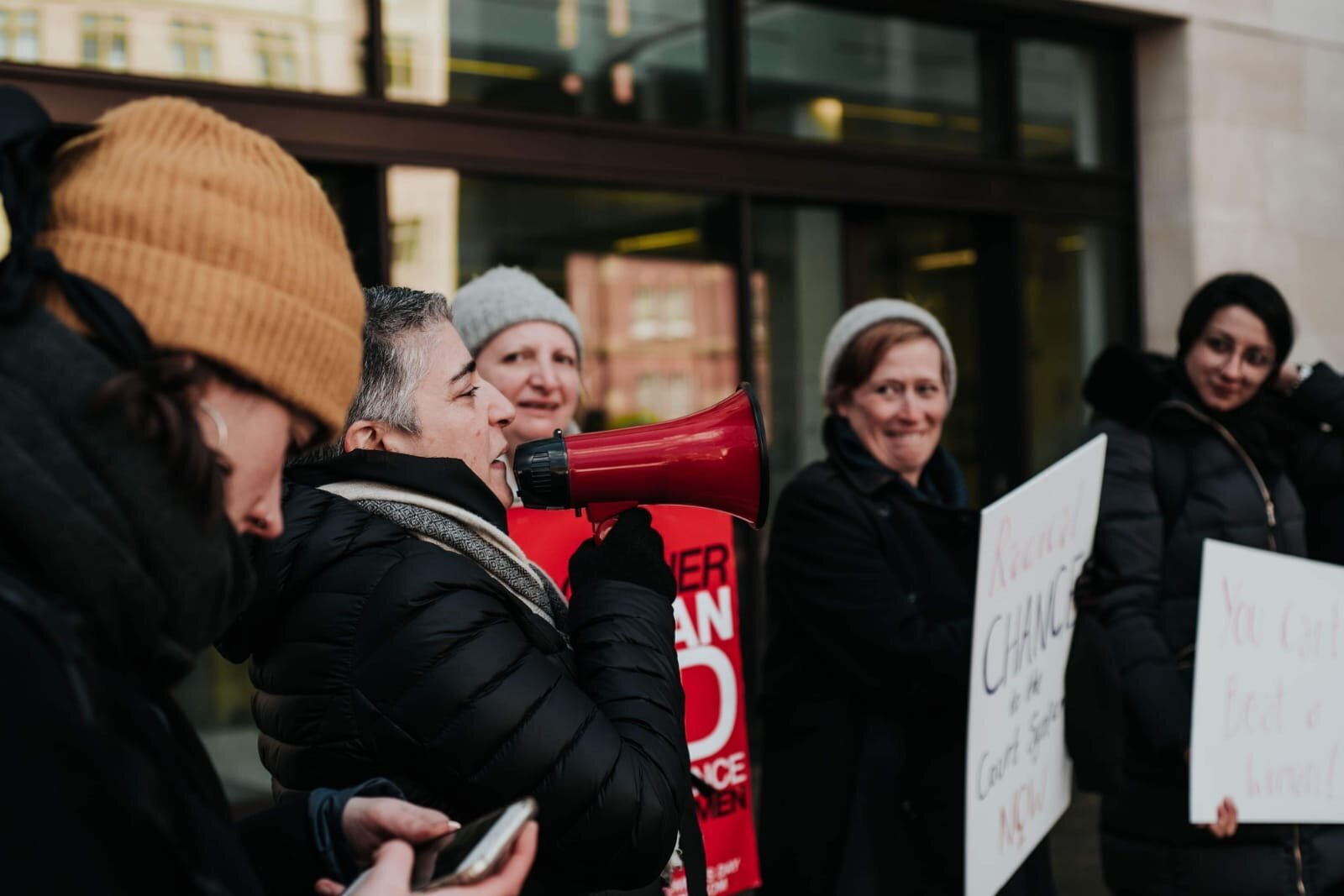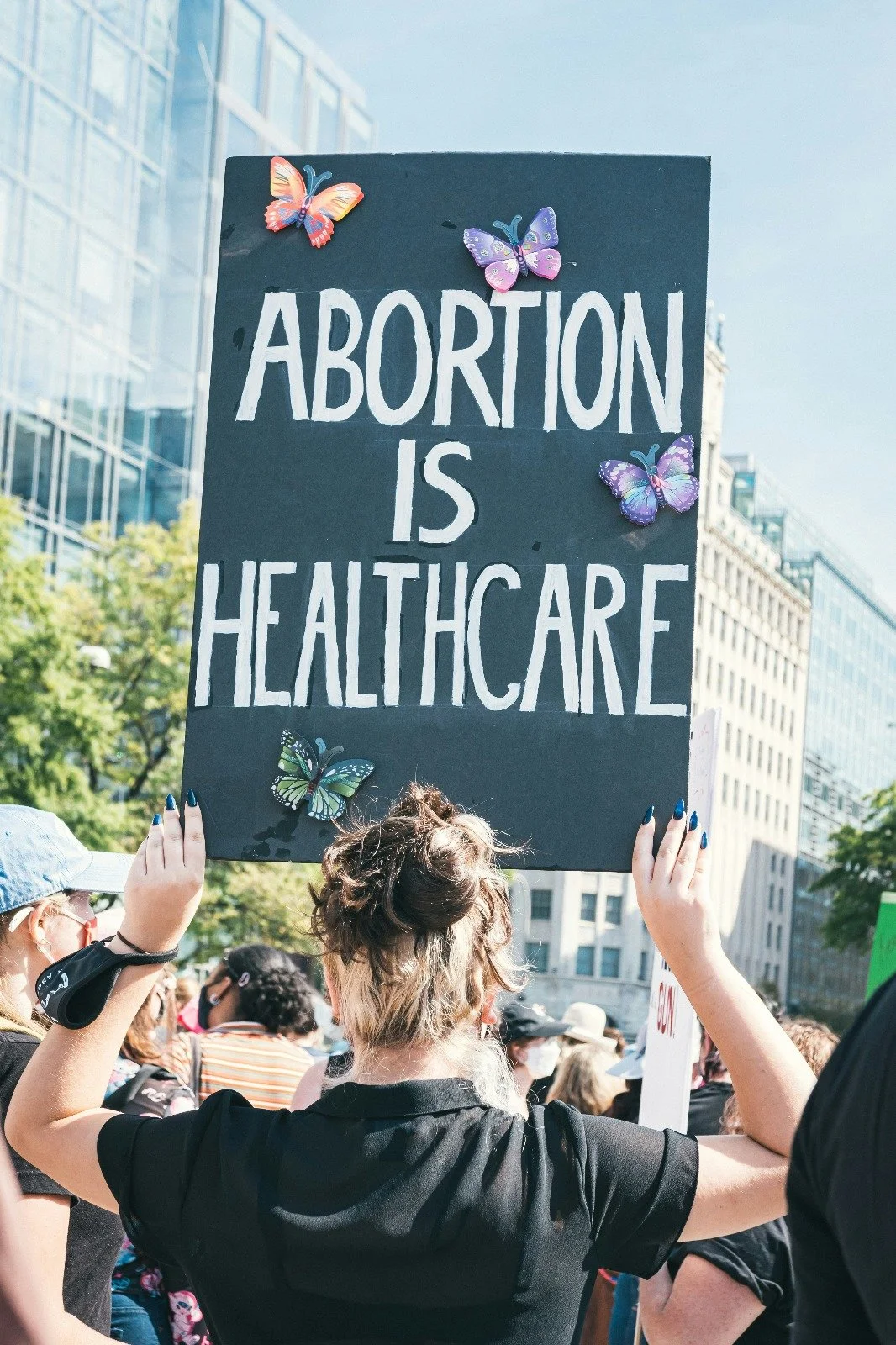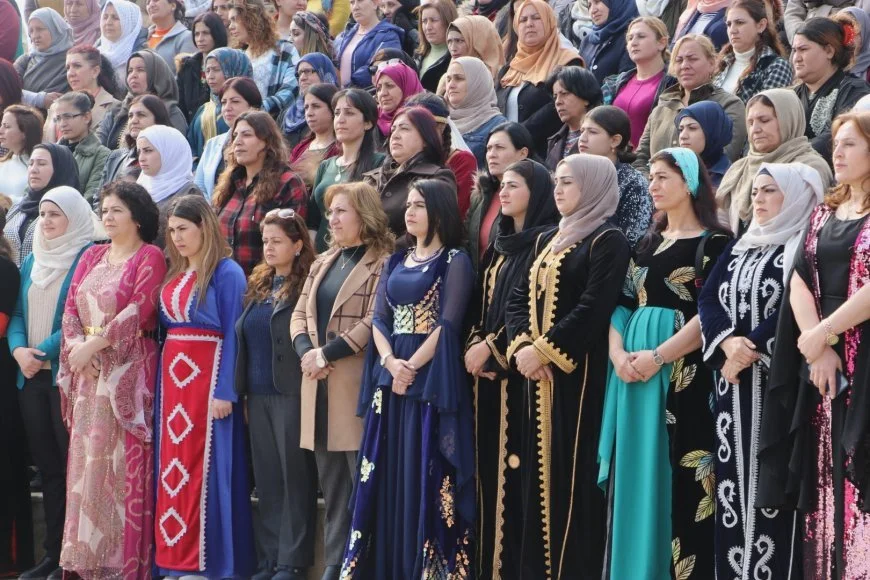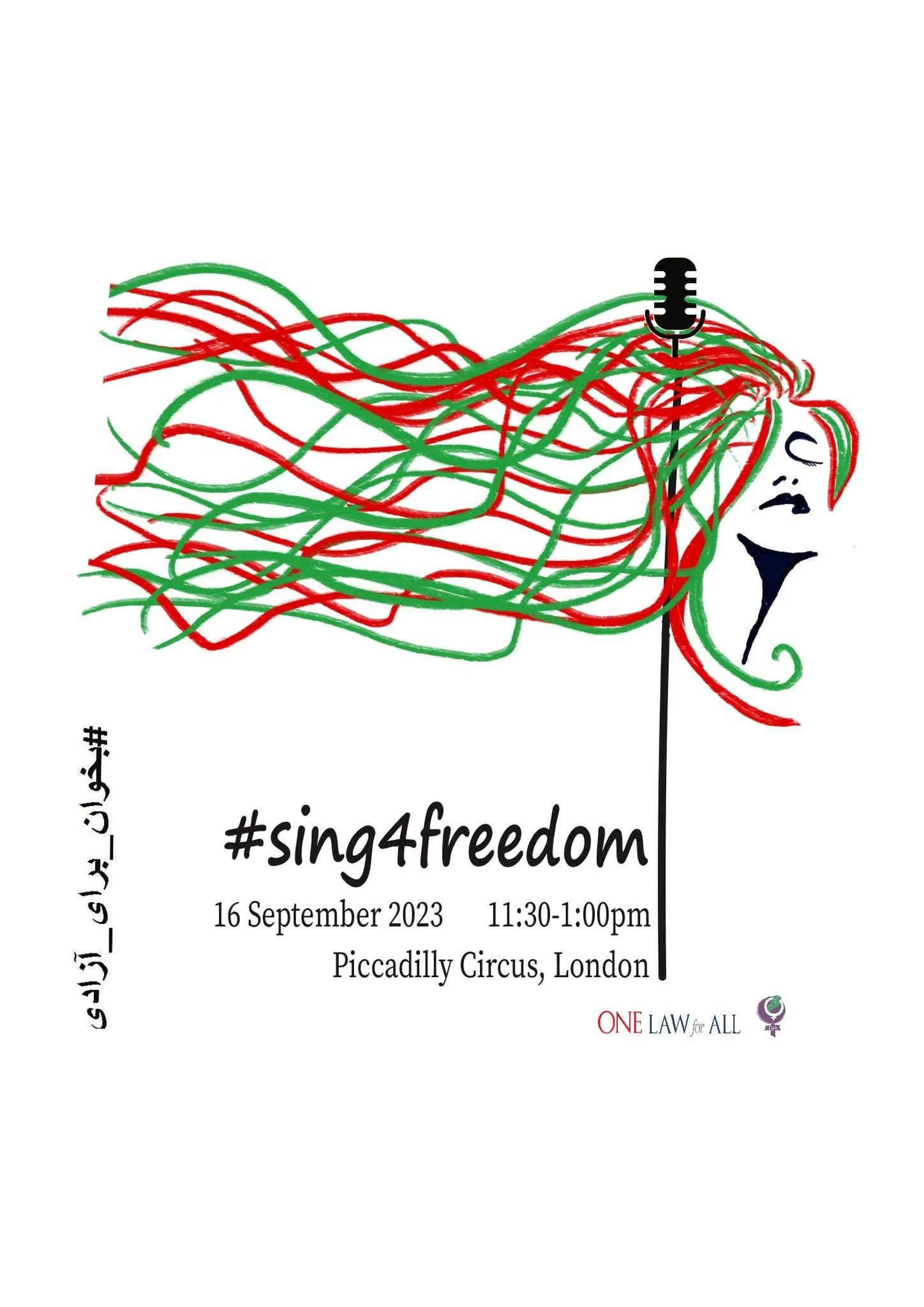As FiLiA volunteers, our group consisted of women from different parts of the world. Some of us grew up believing that sex-based violence was mainly an African issue, shaped by the struggles in our home countries. The UK, after all, prides itself on human rights and women’s rights. But as we stood among thousands of women, each carrying their own stories of pain and survival, we realised a harsh truth: violence against women knows no borders.
Learn about the causes we are fighting for and how you can get involved.
Narrow your search or read everything.
One of the most terrifying experiences women face is the Home Office Reporting System. For years, I had to report in person every single week, knowing that, at any moment, I could be detained.
The impact on mental health is devastating. The days before reporting are filled with anxiety, not knowing if you will come back, not knowing if that would be your day to disappear into detention.
The fear is relentless. Reporting is framed as a welfare check, but we must call it what it truly is: state-sanctioned psychological warfare. These women already live under strict controls, in National Asylum Support Service accommodation, barely surviving on limited financial support. The Home Office knows exactly where they are. So why force them to report? To keep them in fear.
PRESS RELEASE: FOR IMMEDIATE RELEASE
U.S. Mother Sentenced to Over Three Years in Spanish Prison After Escaping Domestic Violence
A U.S. mother of two has been sentenced to three years and three months in a Spanish prison after fleeing to the United States with her eldest daughter to escape domestic violence in Spain. Despite returning under the Hague Convention on International Child Abduction, she now faces an unjust conviction that violates fundamental human rights and international legal agreements.
We all know how we got here. The failure of the left to address the gender identity activism gave this extraordinary open goal to the right. It was all predictable; we predicted it. Now we’re here.
This does not absolve us from thinking critically about the harmful consequences of working with Christian Right groups, including the ADF and the Heritage Foundation, which are coalition partners in Project 2025.
On 20th January, Donald Trump took office as President of the USA. Almost immediately he suspended the US refugee resettlement program as part of a series of executive orders cracking down on immigration. Many of the refugees, who had been cleared to resettle in the U.S. after fleeing war or persecution in their home countries, already had plane tickets in hand when the suspension was announced.
We urge the England Cricket Board to withdraw the England team from the forthcoming match against Afghanistan on 26th February, which is scheduled as part of the International Cricket Council Men’s Champions Trophy 2025 tournament. To go ahead with this match, while the Afghanistan government further restricts women’s rights and the ability to have any social existence, implies that the Board and the team are unconcerned about the denial of the most basic human rights for female people.
The English version is followed by the French version.
La version anglaise est suivie de la version française.
This article marks the ten-year anniversary of Canada’s prostitution law reform, Bill C-36, also known as the Protection of Communities and Exploited Persons Act. This landmark legislation was a critical step in acknowledging the harms of the prostitution system, aiming to protect women and children from sexual exploitation while reducing demand and incidence. Over the past decade, feminist groups have actively evaluated and critiqued the law’s application, identifying both its successes and areas in need of improvement. This article provides a vital opportunity to understand the ongoing efforts to combat sexual exploitation, the challenges faced in implementing laws that prioritise equality, and the importance of relentless advocacy in the fight for a society free from exploitation.
In North-East Syria, also known as ‘Rojava’ (the Kurdish name for Western Kurdistan), the Syrian state largely withdrew after the people's uprising in 2012. The majority Kurdish population in the region took the initiative and began to establish self-administration on the basis of communes and councils and empowerment of women. From the beginning of the revolution, women organised themselves independently, set up their own communes and councils, participated in all political decisions, and implemented a co-chair-system and gender quotas in all institutions as well as women's and family laws. A women's revolution began in Rojava.
This is not all of us ‒ the killed ones are missing.
This was the chanting of thousands of mostly Women that marched along the Gran Via in Madrid yesterday, accompanied by the drumming of a group of Women dressed in black that seemed to replicate the heartbeat of those of us there and echo the ones of those who are no longer with us.
This piece combines the reflections of FiLiA’s Anti-Prostitution Lead Luba Fein and FiLiA’s Spokeswoman Raquel Rosario Sánchez after participating in the 4 th World Congress to Abolish Prostitution. The Congress was organised by CAP International, Canadian-based organisation La Cles, Breaking Free, the Vancouver Rape Relief and Women’s Shelter and the EVA Centre. At the end of the Congress, the organisations launched the Montreal’s Call for the Abolition of Prostitution, which is signed by more than 60 organisations.
Mexican women and men went to their polling stations, the overwhelming majority to vote for a woman to be the next President of Mexico. A woman in charge of a State, which has miserably failed, so far, to guarantee a dignified life for women. Despite national laws, and international treaties, in Mexico women are not free from violence. Every day, the lives of over 64.5 million women in this country are plagued by femicide, and all kinds of violence: sexual, political, economic, reproductive, institutional, symbolic and structural.
Women and nature are both exploited under capitalist patriarchy - both legally and illegally. In addition, the climate crisis already disproportionately impacts women, who comprise 70% of the world's poor and face barriers to migration. Ecofeminism looks to women and nature for solutions to a man-made problem.
Lisa-Marie (FiLiA CEO) was introduced to the issue of the Kurdish struggle by Rahila Gupta. FiLiA recognised the potential of the Kurdish women's struggle to inform our understanding of the potential for liberation and has platformed Kurdish women's voices at conference, and in our blogs and podcasts, as well as attending in-person solidarity meetings. For this contribution, Rahila Gupta, author and activist, was invited to shape an interview with Kongra Star, the women's umbrella group leading the women's revolution in Rojava, North and East Syria. Kongra Star did what they do so well ‒ they used a collaborative approach and invited contributions from many women's groups in the region. The result is an extraordinary piece and one that we are very pleased to share with you on International Women's Day.
This is a followup piece about a story that we published on June 2022. Women had walked for 20 days to reach the capital of Nepal seeking justice for two women who had died due to violence. One of the women have not yet found justice. This is a reflective and informative piece on their journey for seeking justice.
Discussion on the harms of surrogacy in relation to the Global South and the developing world. The piece covers countries like India, Nepal, China and Ukraine and argues that the exploitation of women in surrogacy in this part of the world testifies to the inherently exploitative nature of surrogacy as an industry. Understanding what is happening in the developing world deepens feminist knowledge of the ethical problems with surrogacy.
This is an interview with one of the founders of the "We Will Stop Femicide" Platform in Turkey. As part of its mission, the Platform collects and disseminates data on femicides in Turkey and supports victims' families during litigation processes. For more than a year, the Platform has been on trial for closure and needs international solidarity.
In March, five young women in Iran who posted a TikTok video of themselves dancing without wearing hijab were arrested and mistreated. In support of them and their brave sisters in revolution in Iran, on and around 29 April some of us will be dancing in Piccadilly Circus, and others will be dancing around the country and sending in our videos annotated with #Dance4Freedom.































